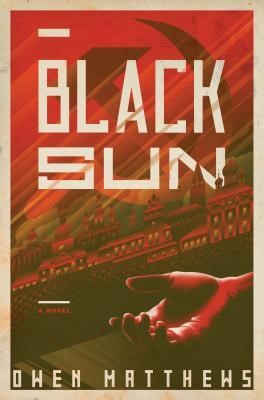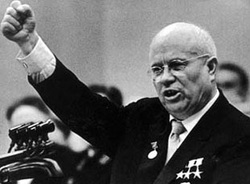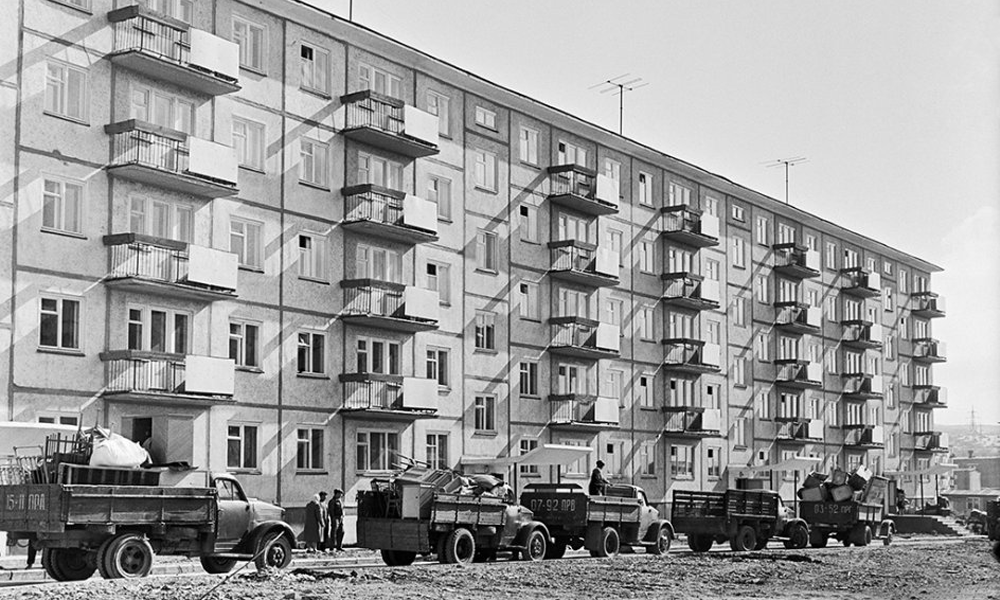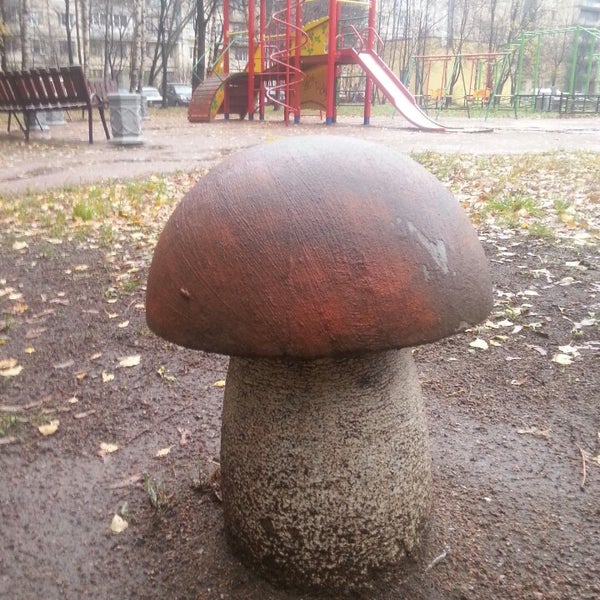(Part one of this review is here)

Black Sun is set in a world on the turn.
It is a thriller bathed throughout in its titular saturnine radiance, emanating from RDS-220, the Tsar Bomba – to this day the most powerful explosion ever created by humankind.
Weirdly, the very week that I wrote this post, Rosatom (the Russian State Atomic Energy Corporation) released previously classified footage of the Tsar Bomba nuclear test. This was a weapon of a destructive force beyond imagining; and yet it was dropped and exploded.
‘And why are we making this infernal machine? Because it will be the end of war. You only fight if you think you can win. RDS-220 transforms war into suicide. There can be no victory, only total annihilation … Peace, forever’.
Black Sun (2019)
Whilst the earth-shaking, history-shaping fact of the Tsar Bomba test in October 1961 envelopes Black Sun, it is in his portrayal of the Soviet world on the turn that Owen Matthews best delivers from the Russia-in-fiction perspective.

In 1961 Nikita Khrushchev was at the height of his power as Soviet leader.
His Secret Speech of 1956 had denounced the excesses of the Stalinist terror. The cultural thaw and Khrushchev’s globe-trotting diplomacy were at last opening up the Soviet Union a little.

A new emphasis on providing the fruits of socialism to the Soviet peoples saw increased production of consumer goods, the construction of housing in the form of the soon-to-be ubiquitous 5-storey ‘Khrushchevki’ apartment blocks, and the emergence of the distinctive Soviet objects and way of life that would come to mark the next quarter of a century.
Arzamas-16, as a privileged closed city, is at the forefront of the new Soviet world. Black Sun vividly draws aspects of the Soviet everyday. The children’s playground in the courtyard of apartment blocks is one such depiction.
… the playground furniture was usefully screened from the archway by a near life-size statue of Karandash the clown. Vasin settled on the mushroom to wait. He could observe all four entranceways from a single spot

The Soviet city park, the space allotted to approved leisure activities. Walking. Eating sweet foodstuffs … There was something about eating ice cream in the snow that Vasin had always found pleasingly strange. It was like swallowing winter.
black Sun (2019)
And anyone who ever placed a long-distance phone call in the Soviet Union will recognise Owen Matthews’s physical description of the post office and the queuing and the form filling
Vasin had seen foreign travel applications that were shorter.
Dipping an old-fashioned steel pen into an inkwell provided by the state for citizens’ convenience, he filled out his passport details. The name and address of the party he wished to call, the purpose of the call, his rank and address and his superior’s name, the number of minutes he wanted —six— to be paid in advance …
“How long will it take?”
“As long as it takes.”
… Vasin settled wearily onto a long oak bench polished smooth by citizens’ backsides …
The ringing phone sounded like a fire alarm in the echoing marble hall. Vasin hurried to the wooden booth and closed the glass door behind him. He picked up the receiver and heard several female voices on the line. The call had already been connected.
“Go ahead, caller”, said the loudest of the voices. There was no click to signify that the operator had disconnected.
black sun (2019)
The fresh modern Soviet Union of the 1960s was supposed to be a world where
… the nation’s battle was no longer for survival but for progress, for plenty. Apartments. Moon rockets. Washing machines. Shorter working hours.
black sun (2019)
But it was less than a decade since Stalin had died, and only a little longer since 28 million Soviet citizens had been killed during the Second World War. Black Sun implicitly, in both description and plot, draws on that clash between the elementally brutal past and the inevitably glorious future.
KGB investigator Vasin is forever reassuring those he interviews that the vicious methods and dogmatic assumptions of the Stalin years are different ‘in General Secretary Khrushchev’s brave new world’. It is just that not everybody, including his own KGB colleagues, has caught up with the new ways.
Many of the scientists in Arzamas-16 had been imprisoned in the Gulag during the Stalin years. It takes only a little pressure to glimpse the desolation of Kolyma and Magadan below the surface of their now privileged lives.
Vasin enjoys baiting his less reconstructed fellow officers.
‘The Comrade General Secretary personally condemned all the facilitators of the excesses of those days. He named them all: Voroshilov. Molotov. Malenkov. Bulganin. Kaganovich. All those who allowed the senseless slaughter of so many innocent comrades during the years of repression. Of course he did not need to mention our own Yezhov. Yagoda. Beria. They have already been justly executed for their crimes … You surely agree with Comrade Khrushchvev, Major?’
… Efremov took a long moment before replying.
‘It seems, Comrade Vasin, that you are a man with progressive views on these matters … I find myself wondering if you truly belong in our service. Some among us have come to believe that maybe you aren’t really one of us at all.
Black Sun (2019)
It has been clear throughout the novel though that Colonel Vasin is indeed not really ‘one of us’ in the KGB sense. He works for a separate department of special investigations, which gives him influence and protection beyond his rank.
Vasin is a memorable character. Owen Matthews has joined in the current trend for pre-announced trilogies (see for example the review of Tom Bradby’s Secret Service), with Black Sun being the first. From both the crime fiction and the Russia-in-fiction points of view, this is good news. Bring on the next one …
(Update – the second in this trilogy, Red Traitor, was published and reviewed in August 2021).
(Part one of this review is here)